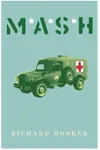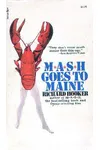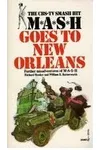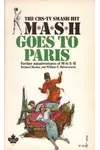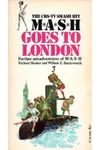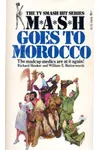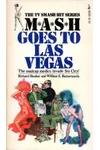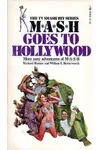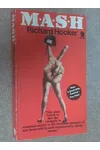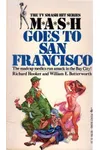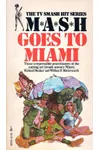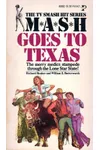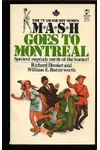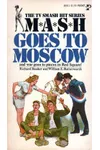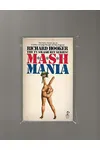Step into the chaotic, heartfelt world of M*A*S*H, where Army doctors trade scalpels for sarcasm in the heat of the Korean War! Richard Hooker’s 1968 novel sparked a literary phenomenon, blending razor-sharp humor, historical fiction, and raw human drama. This 15-book series, later expanded by William E. Butterworth, offers a front-row seat to the lives of medics who heal bodies and souls amid war’s absurdity.
Unlike typical war stories, M*A*S*H pairs irreverent comedy with poignant social commentary, capturing the resilience of the human spirit. Whether you’re a fan of the iconic TV show or new to the 4077th Mobile Army Surgical Hospital, the books invite you to laugh, cry, and reflect.
How M*A*S*H Began
In the late 1960s, Dr. H. Richard Hornberger, under the pseudonym Richard Hooker, drew from his experiences as a Korean War surgeon to pen M*A*S*H. Inspired by the camaraderie and chaos of wartime medicine, he crafted a novel that balanced hilarity with the grim realities of conflict. Published in 1968, the book’s success led to a 1970 film and the legendary TV series, prompting Hooker and Butterworth to expand the story into a 15-novel saga through 1977.
The series’ origins lie in its authenticity—Hornberger’s firsthand accounts grounded the fictional 4077th in vivid detail. From pranks to makeshift surgeries, M*A*S*H reflects the surreal blend of boredom and urgency that defined life in a war zone.
The Heart of M*A*S*H
The series kicks off with MASH: A Novel About Three Army Doctors (1968), introducing surgeons Hawkeye Pierce, Trapper John, and Duke Forrest. Their irreverent antics—like staging a fake funeral to outsmart a colonel—mask the emotional toll of treating endless casualties. MASH Goes to Maine (1972) shifts to post-war life, exploring Hawkeye’s struggle to readjust as a civilian doctor. MASH Goes to Paris (1974) sends the crew on a comedic European escapade, while MASH Goes to Las Vegas (1976) dives into their gambling-fueled misadventures.
Spanning the Korean War and beyond, the series tackles themes of camaraderie, morality, and the absurdity of bureaucracy. Its sharp, dialogue-driven prose and episodic storytelling mirror the unpredictability of war. The 4077th’s tented operating rooms and muddy camps become a vivid backdrop for characters who defy despair with wit and compassion, making every book a bittersweet blend of chaos and humanity.
Hooker’s satirical lens critiques war’s futility, while Butterworth’s later contributions add a lighter, more adventurous tone. Together, they craft a series that’s as much about healing hearts as it is about saving lives.
Why M*A*S*H Resonates
M*A*S*H’s literary legacy endures through its fearless blend of humor and heart. The books influenced historical fiction by proving war stories could be funny yet profound, inspiring writers to explore human resilience in new ways. Fans cherish the series for its authentic characters—Hawkeye’s defiance, Radar’s innocence—who feel like old friends.
Beyond its cultural footprint via the film and TV show, M*A*S*H remains a timeless reflection on war’s impact. Its ability to make readers laugh through tears ensures its place in literary history, captivating new generations with every page.
- About M*A*S*H
- Publication Years: 1968–1977
- Number of Books: 15
- Authors: Richard Hooker, William E. Butterworth
- Genre: Historical Fiction, Satirical Comedy
Ready to join the 4077th? Grab MASH: A Novel About Three Army Doctors and dive into a world where laughter is the best medicine!
